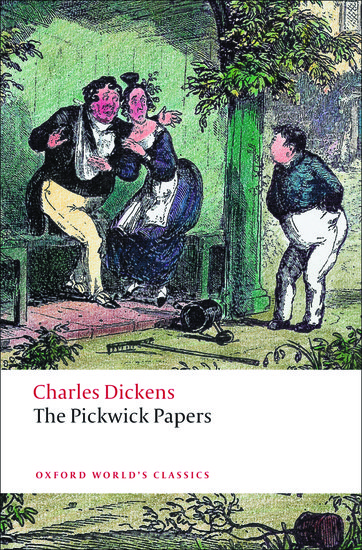An Oxford Companion to Valentine’s Day
It’s big, it’s red, and it’s here. Valentine’s Day strikes fear into the hearts of men and women around the Western world like nothing else can. But you needn’t run scared of the Hallmark branded teddy bears. Oh no. Follow the sprinkling of rose petals, the sweet aroma of scented candles, and the dulcet tones of Phil Collins up the stairs to the luxury boudoir that is Oxford University Press.






